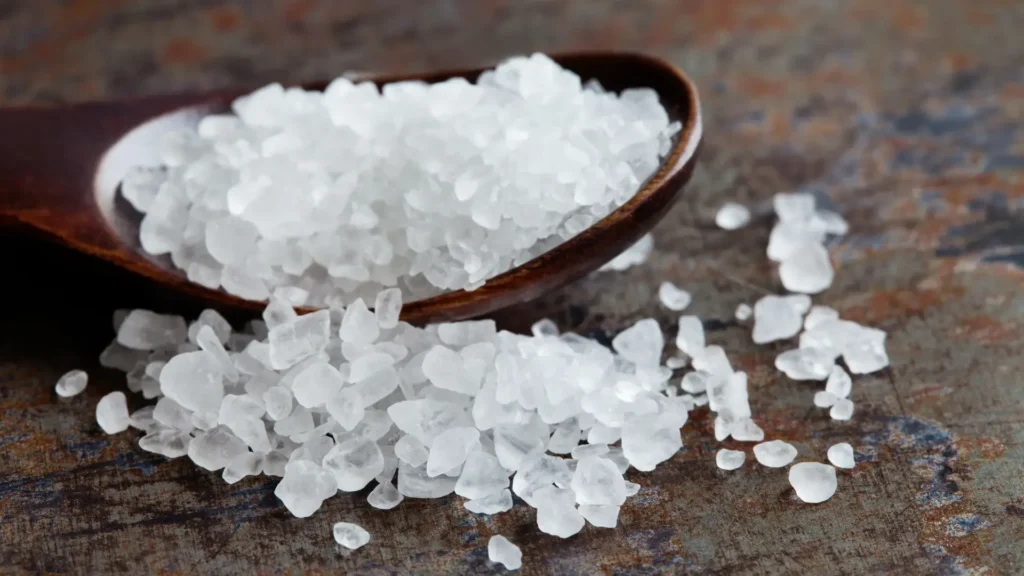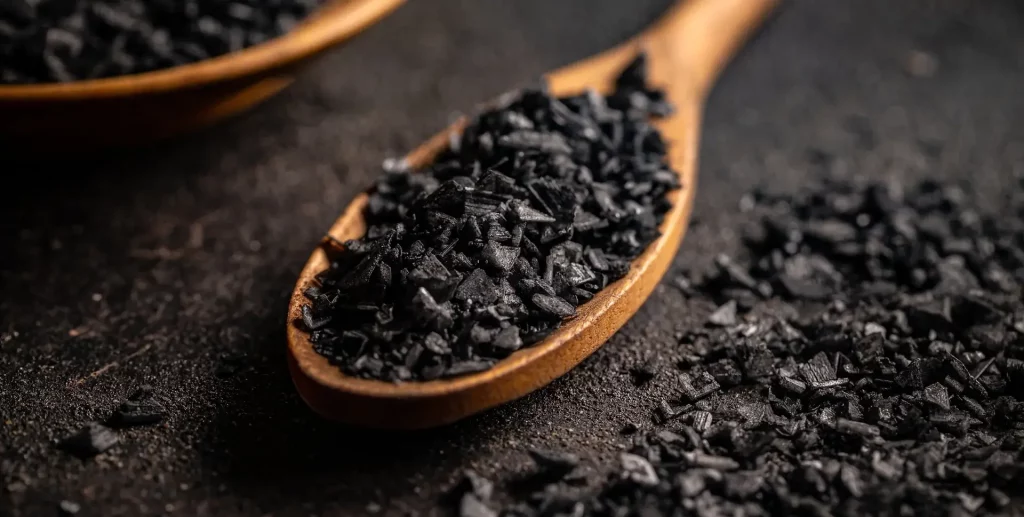
How To Decorate With Himalayan Salt Products A Unique Guide
How to Decorate with Himalayan Salt Products A Unique Guide These unique lamps and decor items are believed to purify the air, boost mood, and

Have you ever wondered why a simple combination of ice and rock salt can create such a frigid environment? The answer lies in the fascinating science of freezing point depression. This phenomenon not only makes your ice cream-making adventures more enjoyable but also plays a crucial role in winter safety and food preservation. Let’s dive into the intriguing world of rock salt and its chilling effects!
Pink salt, primarily sourced from the Khewra Salt Mine in Pakistan, is renowned for its distinctive color and mineral content. Unlike regular table salt, which undergoes extensive processing, pink salt retains its natural minerals, including potassium, magnesium, and calcium.
When rock salt is sprinkled over ice, several chemical reactions take place:
This interaction not only makes ice colder but also enhances the melting process, making it an effective method for ice control in various applications.
Rock salt is not just a kitchen staple; it has a wide range of practical applications that benefit our daily lives:
While both rock salt and table salt serve similar purposes, there are notable differences that make rock salt more advantageous in certain situations:
While rock salt is beneficial, it’s essential to use it safely:
Understanding how rock salt makes ice colder reveals the intricate relationship between chemistry and everyday life. Whether you’re whipping up a batch of ice cream or ensuring safe passage on icy roads, rock salt plays a pivotal role. Its unique properties not only enhance our culinary experiences but also contribute significantly to safety and preservation.
Rock salt lowers the freezing point of water through a process called freezing point depression, allowing ice to absorb heat and cool further.
While table salt can work, rock salt is preferred due to its larger granules, which provide a more effective and prolonged cooling effect.
Rock salt can be harmful to pets if ingested. It’s best to keep it out of their reach and consider using pet-safe alternatives

How to Decorate with Himalayan Salt Products A Unique Guide These unique lamps and decor items are believed to purify the air, boost mood, and

Does Black Salt Expire? Uncovering the Truth About Its Shelf Life and Uses Black salt, often celebrated for its unique flavor and health benefits, raises
WhatsApp us